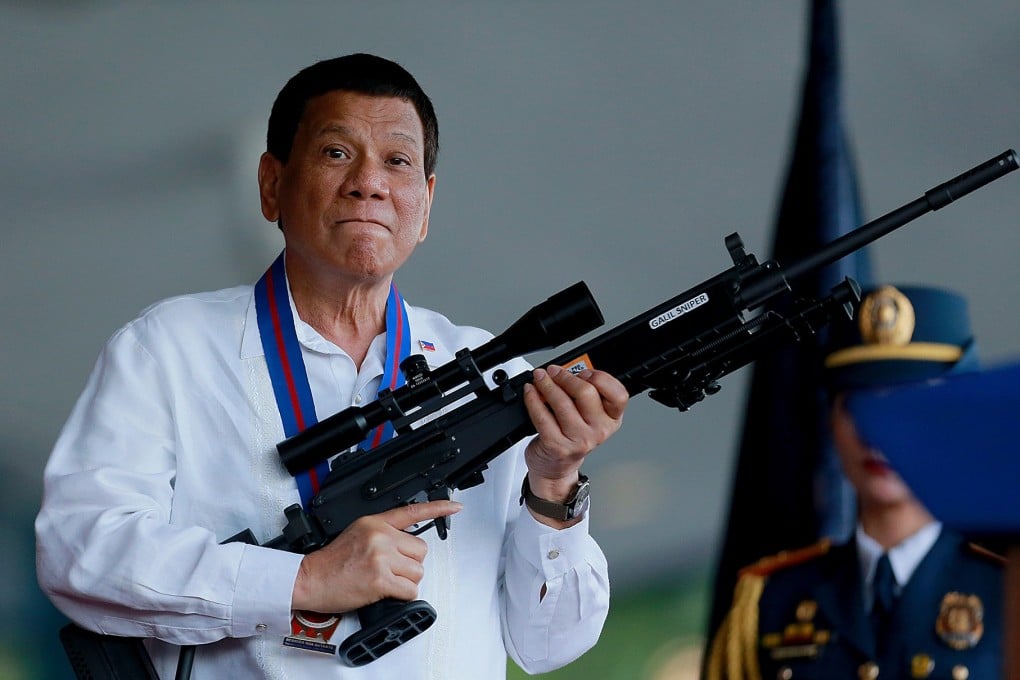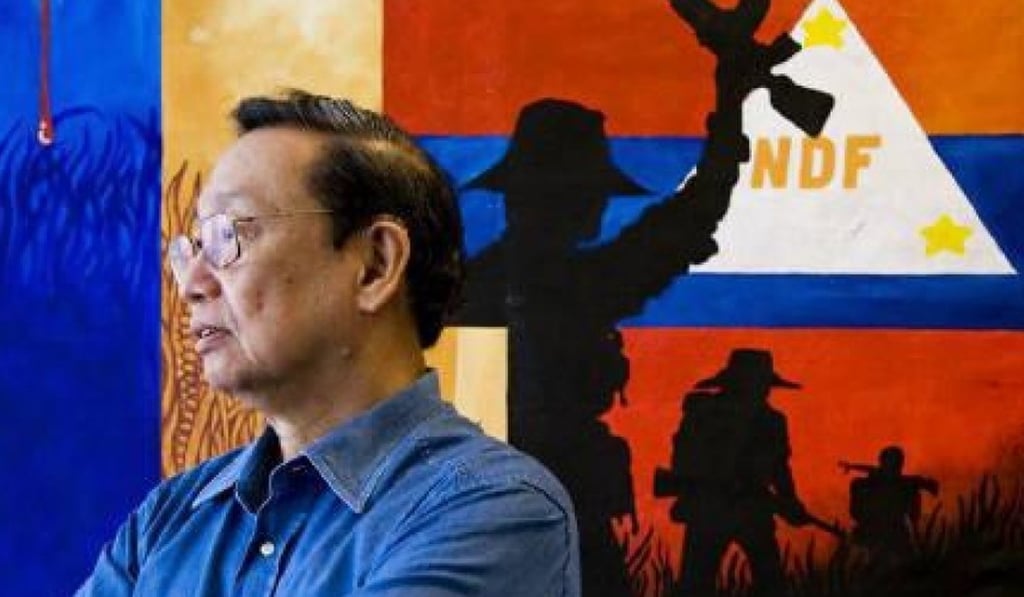Could Duterte critics be target of Philippines new anti-terror law?
- If passed, it would give authorities wide-ranging powers to detain suspected terrorists under vague provisions that could cast a wide net
- The only hurdle remaining before the bill becomes law is the House of Representatives, which is packed with allies of the president

The bill, which was approved 19-2 by the country’s Senate on Wednesday, effectively repeals 2007’s Human Security Act, replacing it with a “strong legal backbone to support the country’s criminal justice response to terrorism” that provides “law enforcers the much-needed tools to protect the people”, the upper chamber said in a press release.
But the powers granted to law enforcement would be so wide-ranging that even “liking” the social media posts of known leftists such as exiled founder of the Communist Party of the Philippines Jose Maria Sison could open up people to surveillance by the authorities, according to human rights lawyer and constitutional law professor Antonio La Viña.
“They are already doing this” without the new law, he said, before adding that to track every internet user in such a way “would actually be a distraction for military intelligence” and “a waste of time and resources”.

The only hurdle remaining before the bill becomes law is the House of Representatives, but as both it and the upper chamber are packed with allies of Duterte, who has made it “priority” legislation, an easily reconciled version of both chambers’ bills is expected to pass without too much difficulty – especially with both the Department of National Defence and military urging swift approval.